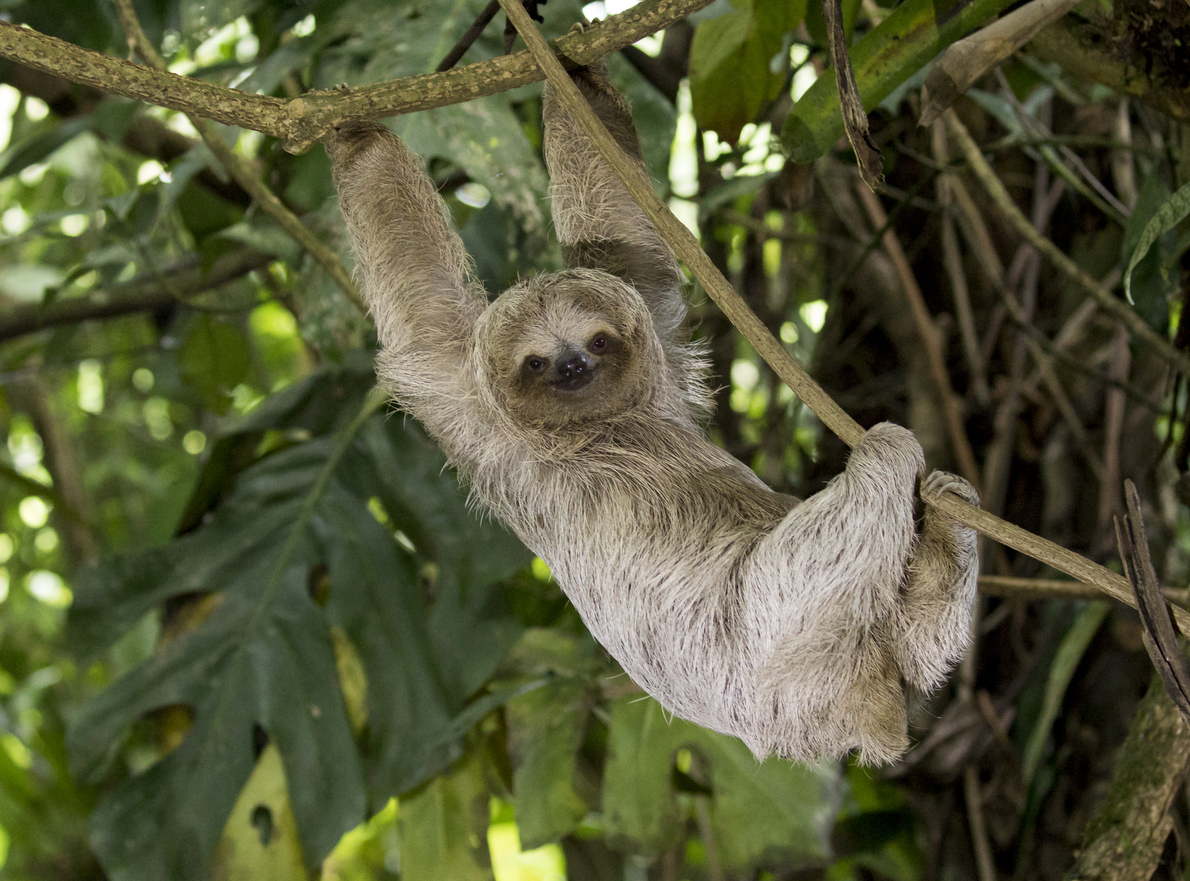- Friday, April 18, 2025
In 2024 specific outbreaks have been recorded in Brazil, Bolivia, Colombia, Peru, and more recently in Cuba, and more than 8,000 cases were reported

By: Shajil Kumar
CASES OF infection by Oropouche virus, which comes from the same family of diseases that includes Zika virus and Dengue fever, have been reported for the first time in Europe, officials have confirmed.
The disease spreads through insect bites – including mosquitos – and the virus originates in pale-throated sloths, non-human primates and birds, according to media reports. Currently, there is no vaccine available for the virus.
In June and July, 19 cases of the Oropouche virus were reported (12 in Spain, five in Italy, and two in Germany), according to the European Center for Disease Control (ECDC).
Eighteen persons reported recent travel to Cuba and one person in Italy had been to Brazil.
The outbreaks of the virus to date have been reported in several countries across South America, Central America and the Caribbean.
In 2024 specific outbreaks have been recorded in Brazil, Bolivia, Colombia, Peru, and more recently in Cuba.
Between January and mid-July, more than 8,000 cases were reported in these countries.
The Brazil health ministry said there have been 7,236 cases of Oropouche infection recorded in 2024, with the majority being reported out of the states of Amazonas and Rondonia.
Symptoms
Oropouche can cause headaches, nausea, vomiting, muscle and joint pains, and occasionally more severe symptoms. These symptoms can subside after four days.
The US Centers for Disease Control and Prevention has said the symptoms of Oropouche viral infection usually begin four to eight days after being bitten.
The ECDC said fatal outcomes are extremely rare and recovery from the disease is common.
However, The Lancet reported on July 25 that two deaths caused by Oropouche were recorded for the first time in Brazil, involving two young women with no underlying health conditions.
The women from the state of Bahia in northeast Brazil were “under 30 years old, with no comorbidities, but who had signs and symptoms similar to a severe case of dengue,” Brazil’s health ministry said in a statement.
Dr Danny Altmann, a professor of Immunology at Imperial College London, told The Telegraph, “We should definitely be worried. Things are changing and may become unstoppable.”
Travellers to affected regions have been advised to use personal protective measures to reduce the risk of insect bites. This includes the use of insect repellent and wearing long-sleeved shirts and long trousers.
The virus was first detected in Trinidad and Tobago in 1955.
‘Neglected disease’
Compared to other viruses in its family, such as dengue and chikungunya, the virus is considered understudied and little understood.
A Lancet review earlier this year called the virus “a prototypical neglected disease.”
The review added that the virus “has the potential to emerge as a substantial threat” given its potential to spread widely and cause serious health problems.
Researchers have been sounding the alarm that warmer temperatures driven by climate change have been increasing the range of mosquitoes across the world.
This in turn could raise the potential spread of viruses such as Oropouche. (Agencies)